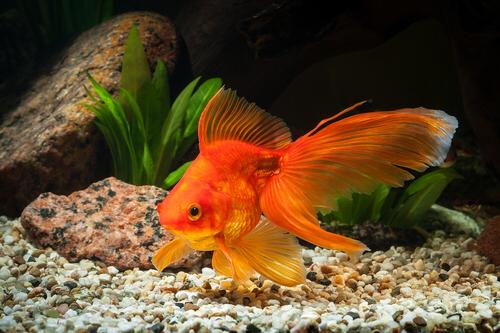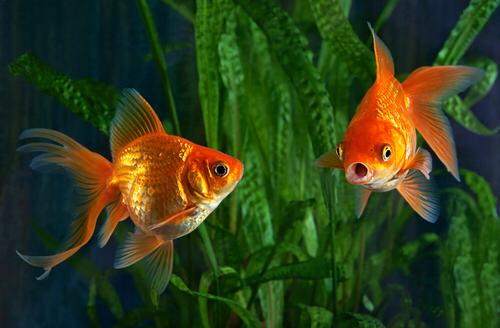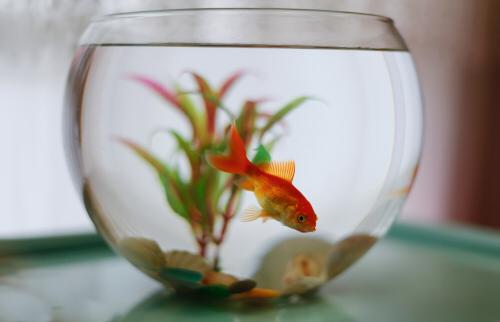There's a common myth that goldfish have a three second memory... this couldn't be further from the truth! So what does that mean for your pet fish? Read on to find out!
Goldfish are VERY popular pets, when not given away as prizes at carnivals, they’re often many a kid’s very first pet. Fairly simple to look after, goldfish definitely have a reputation; particularly their memories. Saying someone has the memory of a goldfish is fairly common and everyone knows what it means. A memory that only spans three seconds sounds like a nightmare to live with (even for a fish!), and as it turns out, this mild and very common insult is factually unfounded. It would perhaps make sense if goldfish memory was at least somewhere in the same ballpark.

For some reason, this myth has also been perpetuated in fish in general, with the widespread belief that most fish have terrible memories. A myth made even more popular than the famous Dory from Finding Nemo. But if you stop to think about it, you’ll quickly realise how little sense this incredibly popular myth makes! Any animal, regardless of its intelligence, needs a memory long enough to remember food sources, and what areas to avoid. Let's face it, an entire species that forgets things in three seconds is otherwise doomed to extinction.
And if logic wasn’t enough to help you question this myth, there’s also plenty of proof! In an experiment where a red Lego block was introduced to a fish tank and was intended to be a “feeding spot” of sorts, food would be sprinkled close to the red Lego block every day. With time, as the fish became less wary of the new object in their tank and more concerned with their mealtimes, they started rushing to the Lego block before feeding time! But that’s not all! The red block was taken out of the goldfish tank, only to be reintroduced a week later. By goldfish memory standards, the fish should have forgotten all about it right? Wrong! They not only recognised and remembered the purpose of the Lego block, but they rushed to it faster than when they were originally introduced to the block suggesting keen memory on part of the goldfish. One that DEFINITELY exceeds 3 seconds.
But a decent memory is not all that goldfish have, they also seem to display intelligent behaviour and understanding of the things they interact with. At Plymouth University, a study was conducted which not only proved that goldfish had memories that spanned AT LEAST over 3 months if not more, but also suggested that they can even tell time! The experiment required the fish to nudge a lever in order to get food. Once the fish figured this out and got the hang of it, the researchers proceeded to make it so that the lever was functional only one hour every day. The goldfish quickly learned to press the lever within the right one-hour window and even seemed to display excitement and anticipation when that one-hour window approached!

So now we know, almost without a doubt, that goldfish memory is A LOT better than we gave these incredible animals credit for. But it also gives rise to a new question, if the memory of a goldfish is good, then how good is it exactly? How well can they remember something? Every experiment so far has simply worked to prove that goldfish do have a decent memory, but there are few experiments aimed at finding the actual truth about goldfish memory. If they are anything like the much larger and very closely related carp, then they may very well have a good memory that spans at least a year.
So what does this mean for goldfish and keeping them as pets?

Maybe that tiny tank with a few sad rocks thrown in is not a great environment for a fish with approximately the same kind of memory as other small animals. Till date, under the assumption that goldfish are little more than mindless swimming machine, people have been keeping goldfish in incredibly boring and cramped bowls.
It’s wildly unfortunate and unfair that one of the most common pets in the world should be so misunderstood and cared for poorly, almost on a global level. Your fish remembers things, especially related to food (because survival is key, after all!), and they also need larger tanks with a stimulating environment to keep them happy. You might find that happy fish can make great companions!